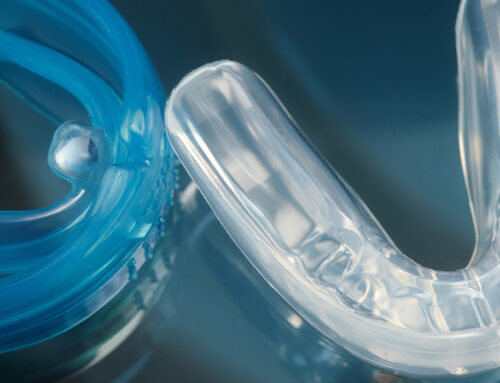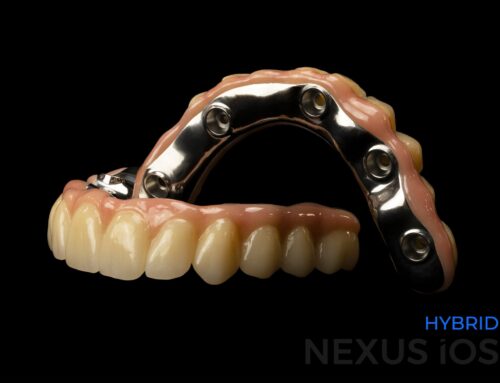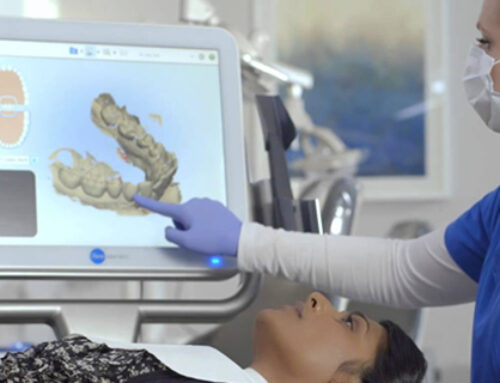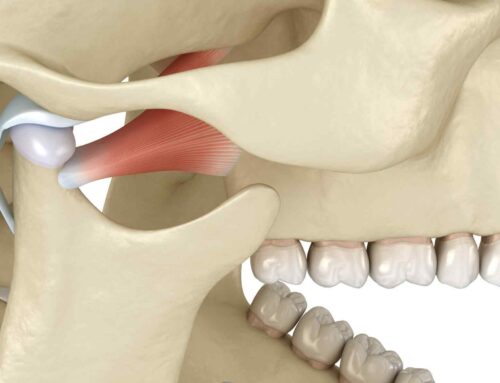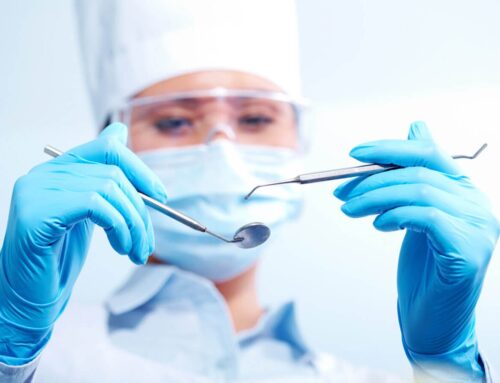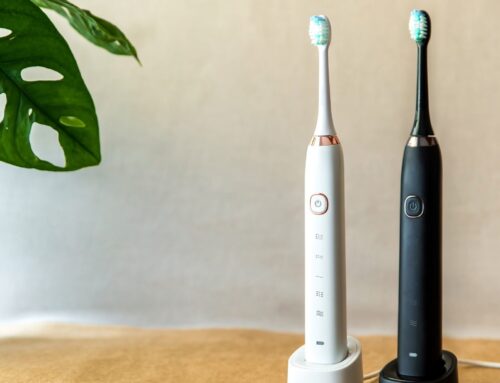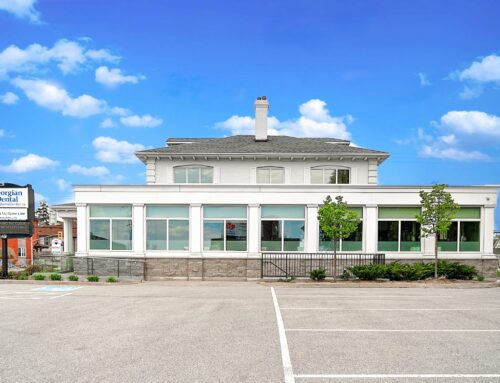Tips & Advice for Faster Post-Surgery Oral Recovery
If you’re about to have oral surgery, chances are you have a lot of questions. Lots of people have little to no experience with advanced dental procedures like this. And taking care of yourself afterward requires some consideration in order that you heal as quickly as possible.
Oral surgery often involves cutting into or removing tissue from your mouth. It can include procedures like removing a difficult tooth, such as wisdom teeth, gum surgery, and getting dental implants. More involved examples of oral surgery include getting rid of diseased tissue from the mouth, correcting jaw problems, or repairing a cleft lip or palate.
Compared to more involved medical procedures, recovery from oral surgery usually doesn’t take long, and the complications involved are often quite minor. In this article, we’ll take a look at how to best take care of yourself in the rest and recovery phase after oral surgery so that you bounce back as quickly as possible. We’ll examine all the big things to look out for, such as pain, bleeding, swelling, and soreness. And along the way, we’ll also have some great tips on how to speed up the healing process, including how to brush your teeth and what types of food and drink to avoid.
Dental Surgery Pain Management
It’s normal to feel some pain as the anesthetic (freezing) wears off after oral or dental surgery. It’s quite likely that you’ll feel the most pain in the first day or two. There may also be lingering soreness and discomfort for up to three to five days post-surgery. However, it’s hard to put exact numbers on these estimates since each person processes pain in their own unique way. What might be intolerable to some might only be a minor discomfort to others.
We find that in most cases patients do not require these types of serious medications, and pain is manageable with over the counter medications containing ibuprofen or acetaminophen.
If your surgery is more serious, your dentist may prescribe opioid pain medication, typically hydrocodone with acetaminophen, however the type of medication prescribed will depend on the type of surgery being performed, how much pain you find yourself in, and the patient’s age. We try to avoid prescribing opioid based medications to younger patients, as they tend to be more susceptible to the powerful dependency risks associated with opioids.
Avoid over-medicating yourself, and never mix alcohol with pain relievers. If you’ve been prescribed a opioid based medication for pain management, never drive or use machinery. These drugs can make you drowsy and prone to distraction.
To make sure there are no harmful drug interactions, it’s important that you tell them about anything else you might be taking. This includes anything from other prescribed medications to herbal supplements. Follow the advice of your dentist, oral surgeon, or pharmacist when it comes to taking your medication.
An often-overlooked aspect of making a quick recovery is getting plenty of rest. The more active you are in the days following your procedure the more likely you are to feel discomfort. If your pain hasn’t gotten better after 48 hours or if you suspect any other complications, call your dentist or oral surgeon.
Bleeding
Post-surgical bleeding lasts only an hour or two usually, although there may be spotting for the next 24 hours or so. Sometimes, when blood and saliva mix in your mouth, it creates the illusion that you’re bleeding more than you really are. Keep a gauze pad pressed to the affected area and the bleeding should stop soon. Keep an eye on things and call your dentist or oral surgeon if the bleeding isn’t under control after four hours.
Using gauze pads reduces bleeding and helps the blood clot form quicker. Keep the first pad in place for an hour, no questions asked, no matter how soggy it gets. Keep your teeth closed firmly to keep constant pressure on the pad. If you’re still bleeding after an hour, swap out the old pad for a new one and keep up firm, constant pressure for another hour.
Rest but don’t lie down. Keeping your head raised will reduce blood flow and help minimize and stop bleeding, which will help lead to faster healing and recovery. Brushing and flossing are still important, of course. But stay away from the wound and use as little water as possible.
After a full 24 hours, it’ll be okay to gently rinse with warm water. You should rinse four or five times daily for three to four days. If your dentist or oral surgeon recommends it, stir in a half teaspoon of table salt into your rinsing water.
It’s important that you don’t rinse until 24 hours have passed, even if there’s a bad taste in your mouth. Sorry. You also shouldn’t chew on the gauze pad. Don’t suck on the wound, either. Take a full two days to relax and don’t strain yourself at all. No matter how much you love your coffee or tea, avoid all hot liquids. They increase blood flow and could cause the wound to start bleeding again. And since alcohol and tobacco inhibit blood clotting, promote infection, and slow the healing process, avoid both for a full two weeks.
Swelling
One possible side effect of oral and dental surgery is facial swelling. Your face may start to swell within 24 hours of your surgery, and this could last up to five to seven days. There may even be some bruising once the swelling subsides which could last up to 10 days post-surgery.
If you experience swelling, apply a cold compress to the affected area on the first day after surgery. It doesn’t have to be anything fancy. A few ice cubes or a bag of frozen peas wrapped in a towel will do the job nicely. Remove the compress after 10 minutes then reapply in another 10. Keep this pattern up — 10 on, 10 off — for the first 24 hours.
On day two, switch to something warm. Wrap a hot water bottle or a heating pad in a towel, perhaps. Avoid using anything hot enough that you risk burning yourself. This helps bring down the swelling by promoting blood circulation. Again, follow a pattern of 10 minutes on, 10 minutes off. Never use heat in the first 24 hours, though, as doing so only makes swelling worse.
Call your dentist or oral surgeon if the swelling gets worse after 48 hours or hasn’t gone down after a week.
Sore Jaw Muscles
During surgery, your mouth is wide open for a long time. Probably much longer than you’re used to. As a result, it’s not uncommon to have stiff and sore jaw muscles afterward. For a week to 10 days, it might even be difficult to open your mouth.
If the soreness in your jaw muscles is uncomfortable, moisten a face cloth with warm water and gently massage it into the affected area. Limit your diet to food that’s easy to chew. Make eggs, pasta, and bananas your new best friends. Drink milkshakes, milk, and juices. Keep an eye on the situation and call your dentist or oral surgeon if your jaw muscles are still tender or if you’re still having trouble opening your mouth after a week to 10 days.
Be patient and give your jaw muscles time to recover. Don’t try to force your mouth open. Don’t chew gum. And don’t eat hard or chewy food.
Warning signs to look out for — a post-procedure checklist
Don’t hesitate to call your dentist or oral surgeon if you have any of these complications:
- excessive bleeding after four hours, post-surgery
- nausea/feeling like you going to be sick
- vomiting
- fever
- pain not improving after 24 hours
- swelling that gets worse after 48 hours
Guarding the Clot
The last thing you want to do is disturb the blood clot. The wound in your mouth needs to heal. It’s essential that you don’t do anything that might disrupt the healing process.
When drinking, don’t use straws. Don’t drink alcohol or carbonated beverages. Don’t smoke. And try to avoid spitting, too.
When eating, the soft stuff is the best. If it’s more solid than yogurt, applesauce, or instant oatmeal, avoid it for now. You’ll be able to enjoy it quicker if you let the affected area heal properly. And while you’re avoiding the tough stuff, make a note to stay away from foods that are either too hot, cold, chewy, or spicy.
Aftercare Made Easy
It’s common to have some questions about what to expect after oral surgery, especially with regard to the best ways to stay comfortable and speed up healing. Follow these easy oral care guidelines after your surgery to make the most of your recovery. And if you have any other questions regarding your oral surgery, be sure to discuss them with your dentist or oral surgeon before your procedure.
Any Questions?
To learn more about what you can expect after dental surgery, or to arrange a free no-obligation consultation, contact Georgian Dental® today, or call us at 705-999-7582.
Free Initial Consultation
Free consultations for all dental implants, bridges & crowns, braces, gum recession and full mouth reconstructions ($300 Value).
Contact us to book your appointment today.

